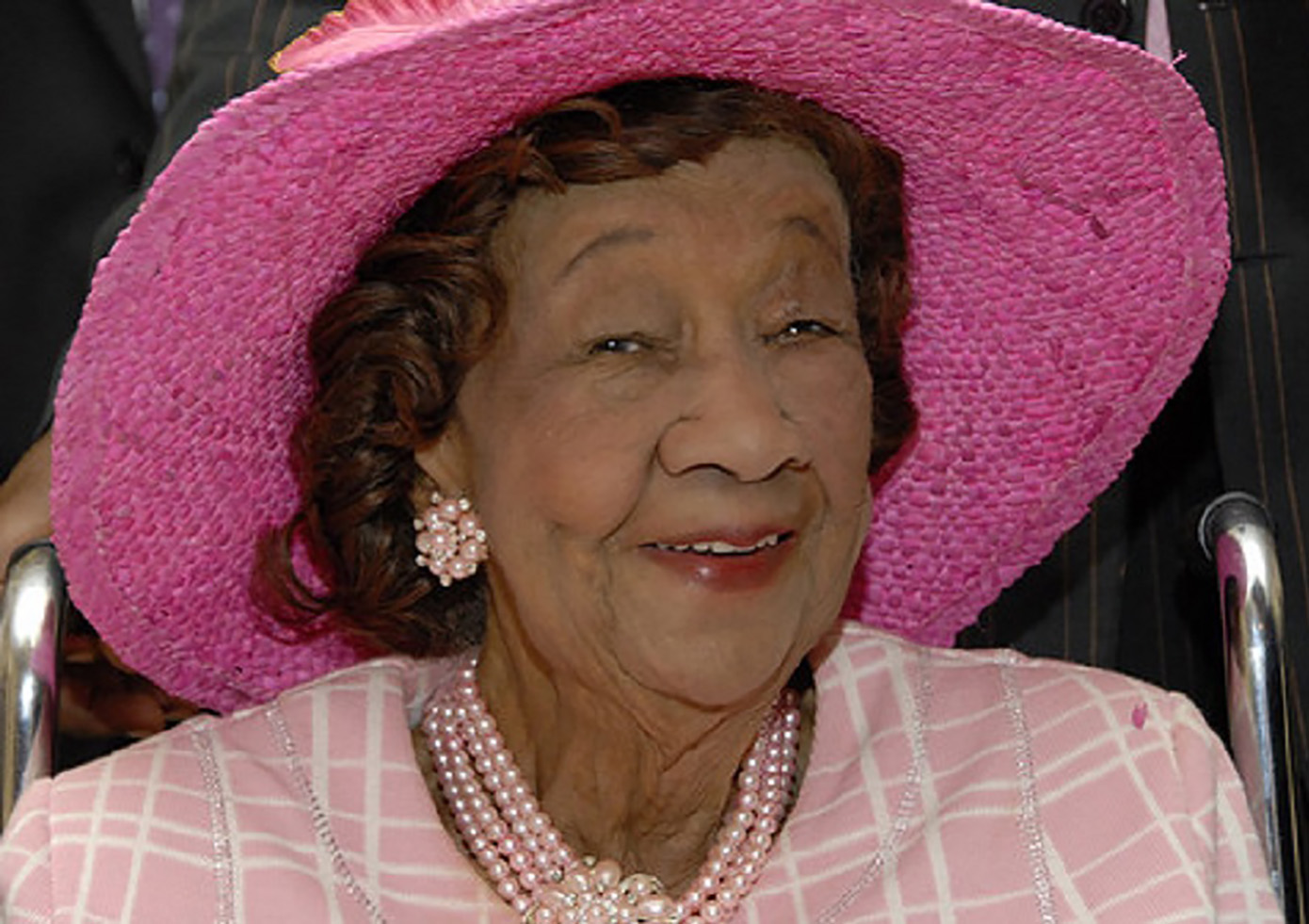Dorothy Irene Height, born on March 24, 1912, in Richmond, Virginia, was a prominent African American civil rights and women’s rights activist. Her remarkable life spanned nearly the entire 20th century, during which she became a towering figure in the struggle for equality and justice in the United States.
Height grew up in Rankin, Pennsylvania, where she excelled academically and demonstrated leadership qualities from a young age. Despite facing racial discrimination, she pursued her education with determination, earning degrees in both social work and education. Her early experiences with racism fueled her commitment to fighting for civil rights.
In 1937, Height began her career as a caseworker for the New York City Welfare Department, where she worked tirelessly to assist families in need. Her passion for social justice led her to join the National Council of Negro Women (NCNW) in 1937, an organization dedicated to advancing the rights and opportunities of African American women.
African American women are very special women.
Dorothy Height
We seldom do what we want to do,
but we always do what we have to do.
Throughout the 1940s and 1950s, Height played a crucial role in advocating for civil rights alongside prominent leaders such as Mary McLeod Bethune and Eleanor Roosevelt. She organized “Wednesdays in Mississippi,” a program that brought together black and white women to promote racial harmony and understanding in the South.
Height’s activism gained national attention during the civil rights movement of the 1960s. She worked closely with Dr. Martin Luther King Jr. and other civil rights leaders, contributing her strategic insights and organizational skills to the movement. As the president of the NCNW from 1957 to 1997, Height was instrumental in advancing the organization’s mission and expanding its reach.
One of Height’s most significant contributions was her role in the planning of the historic March on Washington for Jobs and Freedom in 1963. Despite her pivotal role in organizing the event, Height was not invited to speak on the main stage—a reflection of the sexism prevalent within the civil rights movement. Nevertheless, she continued to work tirelessly behind the scenes, advocating for the rights of both African Americans and women.
In addition to her activism on behalf of African Americans, Height was a staunch advocate for women’s rights. She believed that gender equality was essential for achieving social justice and worked to ensure that women’s voices were heard within the civil rights movement. Height was a driving force behind the inclusion of gender equality in the Civil Rights Act of 1964, which prohibited discrimination based on sex as well as race, religion, and national origin.
Throughout her life, Height received numerous awards and honors for her tireless advocacy and dedication to social justice. In 1994, she was awarded the Presidential Medal of Freedom, the highest civilian honor in the United States, by President Bill Clinton. Height’s legacy continues to inspire future generations of activists to fight for equality and justice for all.
Dorothy Height passed away on April 20, 2010, at the age of 98, leaving behind a legacy of courage, resilience, and unwavering commitment to social justice. Her life serves as a testament to the power of activism and the enduring importance of fighting for equality and dignity for all people.
